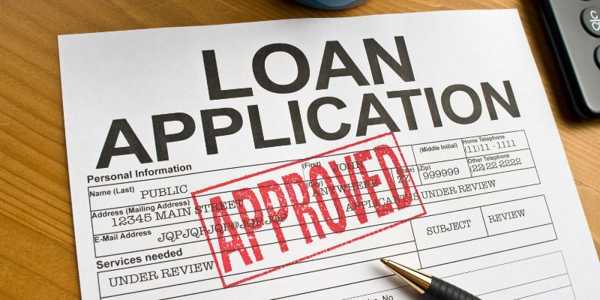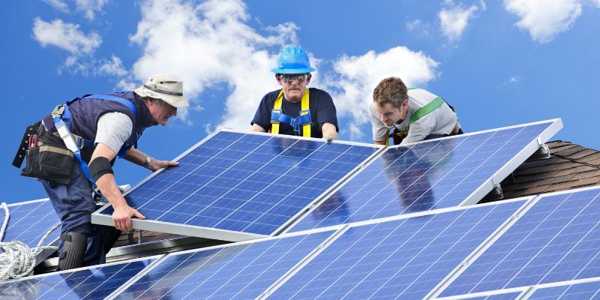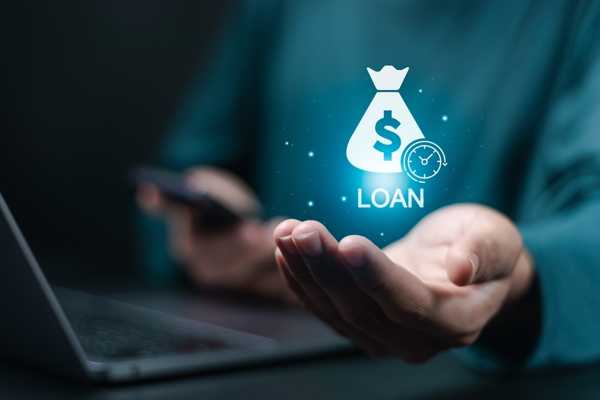医療保険の選び方ガイド|保障内容・保険料・申込み方法までわかりやすく解説
How To Choose A Solar Installer To Finance: Step-by-Step Process
In modern times, everyone’s thinking about going solar. However, some people cannot afford the upfront cost and don’t know which installer is suitable for financing. Finding the best solar installer is key, not just for a quality setup but also for securing the best financing options. Choosing the right solar installer and the best payment plan can save you money and stress in the long run. In this article, we’ll cover everything from what to look for in an installer to how to compare different financing options. Let’s get started!
In modern times, everyone’s thinking about going solar. However, some people cannot afford the upfront cost and don’t know which installer is suitable for financing. Finding the best solar installer is key, not just for a quality setup but also for securing the best financing options.
Choosing the right solar installer and the best payment plan can save you money and stress in the long run. In this article, we’ll cover everything from what to look for in an installer to how to compare different financing options. Let’s get started!

Understanding Solar Installation Financing
When you decide to install solar panels and don’t want to pay in cash because you can’t afford it or have other priorities, a financing plan can make the cost more manageable.
There are different financing options available, including loans, leases, and power purchase agreements (PPAs). Each option has its benefits and drawbacks. Loans allow you to own the system and pay over time, while leases or PPAs involve paying for the energy generated by the panels, not the panels themselves.
Financing can be handy because solar installations can be expensive, and without it, the upfront cost can be a barrier. The right financing plan can help you save money in the long run.
Things To Take Into Account When Choosing a Solar Installer
There are several factors to consider if you’re in the market for a solar installer. To get the best possible service, you need to consider factors like reputation, experience, credentials, and customer feedback of the service provider:
Reputation and Experience of the Installer
Reputation is vital when choosing a solar installer. Look for companies that have been in business for several years and have a strong track record. An installer who is experienced in his field will have a better understanding of the local market, the best solar products, and the installation process. It’s also a good idea to ask how long they’ve been working in the solar industry, as experience can lead to fewer problems during the installation.
Credentials and Certifications
Check to see if the installer or the firm has the necessary certifications and licenses for this work. In the solar industry, certifications like NABCEP (North American Board of Certified Energy Practitioners) are considered a sign of authority. They show that the installer has passed multiple tests and has the knowledge to install and properly maintain solar systems.
Reviews and Customer Feedback
Lastly, check online reviews and customer feedback of the installer or the installing company. Sites like Google, Google My Business, TrustPilot, and Yelp provide honest reviews from past customers. If they have a rating score of 4 stars or more, it means that they have a good reputation with their past clients, and you can expect the installing company (or the installer) to deliver quality work. If it’s in the 3-star range, it means they are neither good nor bad; expect decent performance. If their rating is around the 2-star mark (or under), it can potentially be a red flag.
These factors can help you find a trusted installer who can meet your needs and expectations.

Types Of Financing Terms and Options For Solar Installing
The most common options are loans, leases, and Power Purchase Agreements (PPA). Each option has its own benefits, depending on your financial situation.
Loan
Loans allow you to own the solar system. You borrow money to pay for the installation and repay it over time, often with interest. This option usually ends with you paying 1.5x to 2.0x (or even more) than its initial cost. The interest rates are just too high for these loans.
Lease
Leases involve renting the system from a solar company. You pay a fixed monthly amount for using the panels, but the company owns them. This option will have lower upfront costs but can limit your savings in the long run. Also, you don’t get “complete” ownership over the solar setup.
Power Purchase Agreements (PPA)
These are similar to leases, but you pay for the electricity the system produces, not the panels themselves. It’s like the traditional power grid, but instead of paying the utility company, you pay the company providing the solar system for the electricity. The cost of electricity bills is usually lower than what you’d pay to the utility company, which can save you money over time. It’s also great for people who want to reduce their carbon footprint and go green.
Should You Finance or Pay Cash?
When choosing a solar installer and financing plan, it’s essential to consider your financial situation and long-term goals. If you have the money available, paying cash for your solar installation can be a great choice. Because when you pay upfront, you avoid all the high interest rates on a loan or lease that can cost you 2x the amount of the installation in some cases.
Upfront cash payment will save you money in the long run. Plus, you fully own the system, which means you get to keep all the savings from reduced energy bills. It’s the best option for saving money in the long run and avoiding high interest rates.










